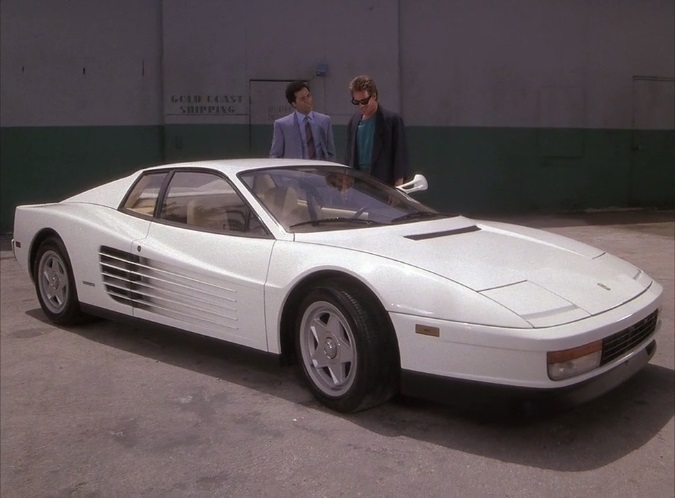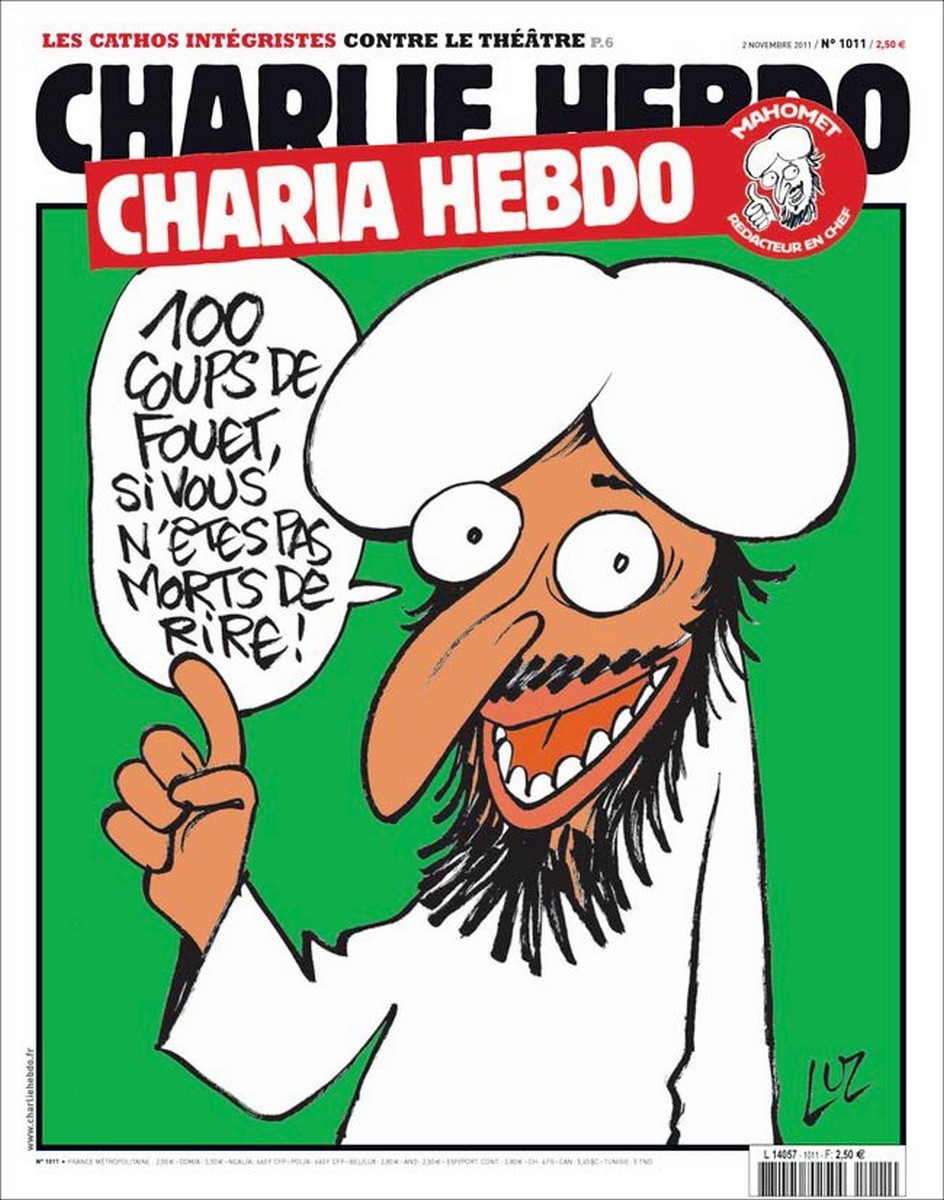Over the weekend, I saw American Sniper. I got to the theater a few minutes before it started, and boy was that a mistake. Almost every seat in the entire theater was taken, so I had to sit in the very front and slump down in the seat and crane my neck to see the giant screen which was mostly straight above me. Luckily, the movie was so compelling I forgot myself.
The movie is based on the real-life story of Chris Kyle, a highly-decorated Navy SEAL who served four tours in Iraq and became the most lethal sniper in American military history. Normally, you would think that a movie about his war experience would be a traditional summer blockbuster that would come out around the Fourth of July. It would have lots of explosions, lots of big battle scenes, have generic and gruesome violence.
Well, director Clint Eastwood took that story and made a movie that focuses on how war changes men. The contrast between Kyle in combat and at home is the real story. With each successive tour, Kyle withdraws further from his wife and family, unable to escape the battlefield. Kyle has not so much of a character arc as a character circle.
You see Kyle near the beginning of the film as a relatively green solider, albeit a Navy SEAL. After graduating from sniper school, he's asked something like "What will you do when you have a real live person in your crosshairs?" and his response is essentially that he hasn't thought about it, but he just hopes that he can do his job when that time comes.
And do it he does. In his first assignment he's forced to decide whether or not to shoot a mother and son who are possibly attacking some Marines. It's clear that he doesn't want to shoot them, but once he does, he doesn't dwell on it too much beyond commenting on how evil they were.
Over the course of the movie, he is drawn deeper into the fighting, both physically and emotionally. The pull for Kyle is not killing the enemy so much as it is protecting the Marines on the ground. The successive tours of duty are interrupted by brief stints back at home. However, it's clear that "home" for Kyle has become the battlefield and the men that he feels a duty to protect.
At one point, he's with his wife, and they're driving somewhere. He's zoned out and not really listening to her complain about how weird he's been acting. She confronts him and accuses him of not being making time for his family. His response is telling. He says that all the stuff at home can wait, but the soldiers over in Iraq cannot wait. He feels the obligation to be on the battlefield protecting the men on the ground so strongly, it's a waste of his time to be at home "driving to the mall" as he puts it, while men are dying.
Ultimately, Kyle escapes from the whirlpool of the war after killing an enemy sniper. As he flees the swarming Iraqis that had his position surrounded a giant dust storm overwhelms the entire area in what is clearly metaphor for the fog that has been surrounding Kyle the entire time. He's running to catch up with the Humvee that will take him home, running from the whirlwind of dirt, death, and blood that is trying to catch him. He eventually makes it inside the safety of the Humvee, but not before dropping his rifle in the dirt, leaving it behind. It was the bookend to a scene in the first few minutes of the film, where a young Kyle is admonished by his father "Never to leave your rifle in the dirt." Kyle never leaves his rifle in the dirt until he leaves it forever.
The movie is about how PTSD affects men, how war brings it about, and how it can be overcome. You see Kyle's PTSD manifest itself in sounds. In one situation, Kyle hears an air wrench at a quick-oil change place that takes him back to a drill used to kill a child. Later he hears a playful family dog takes him back to a rooftop in Iraq where he had an encounter with a vicious dog.
Eastwood and Cooper masterfully work together to show how the war affected Kyle without having Kyle really even talk about it. Circling back to what I said about the "character circle" (see what I did there) Kyle ends up back where he starts. By the end of the movie, Kyle finally is able to get the war behind him and can enjoy his family and peacetime again. He's not an emotional victim of the war and he's not a chest-beating killer with insatiable blood-lust.
In many ways, Kyle reminds me of
Dick Winters, who went through WWII, and then wanted nothing more than to claim a small plot of land and live out the rest of his life in peace. Both men went through war, excelled at it, were changed by it, but eventually left the military and retuned to peace.
Even if you were against the Iraq war and think President Bush is horrible, try to compartmentalize that and focus on what is actually in the movie. It's not a political movie. It's not a justification for the war, and it's not an indictment of the war. Eastwood pointedly avoids the entire issue because it's irrelevant to the story he's trying to tell.
My only criticism is that I would have liked to see more, but I think Eastwood was constrained by time limits. I'd love to see what was left on the cutting room floor.
Five Stars.



